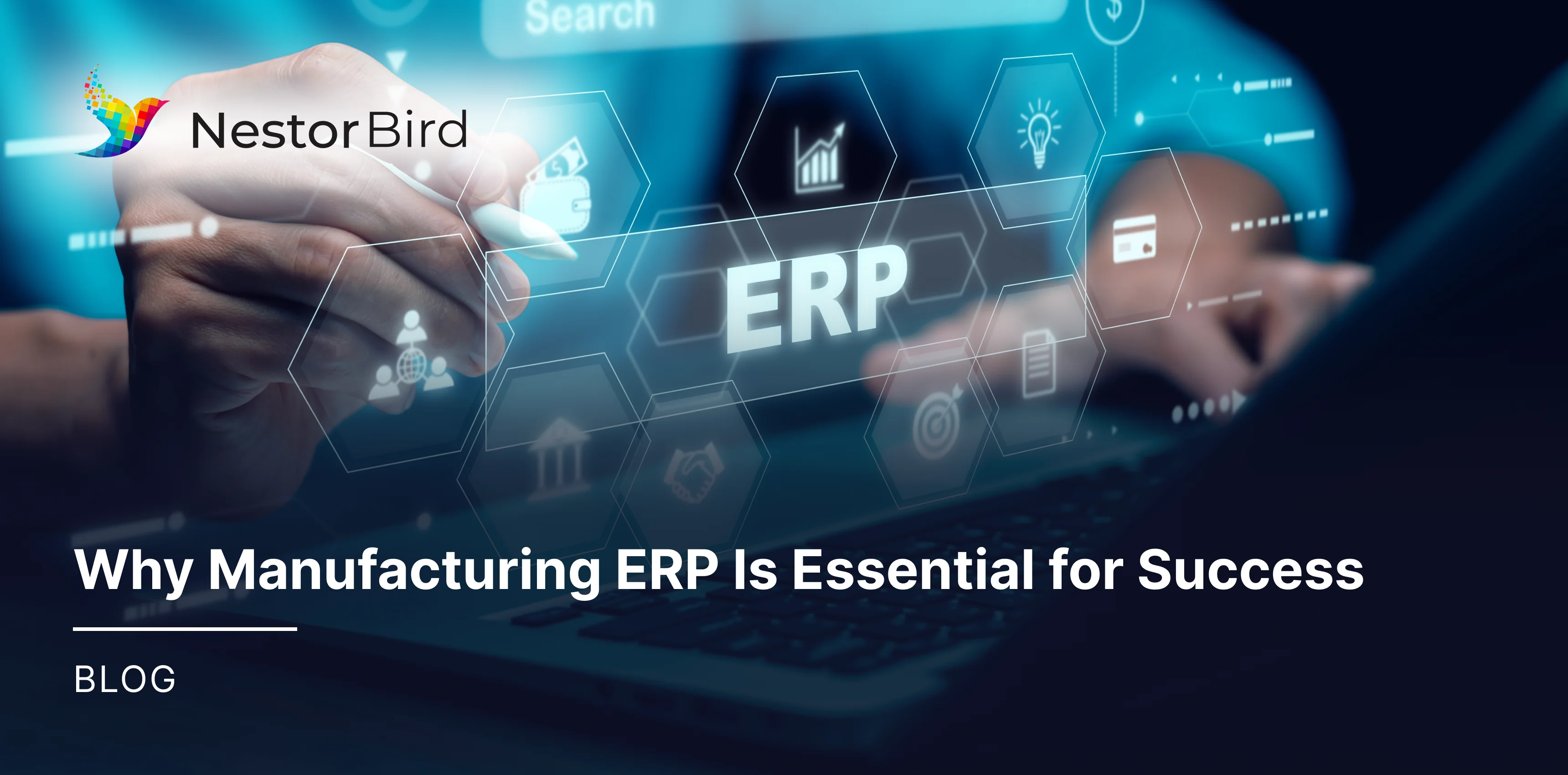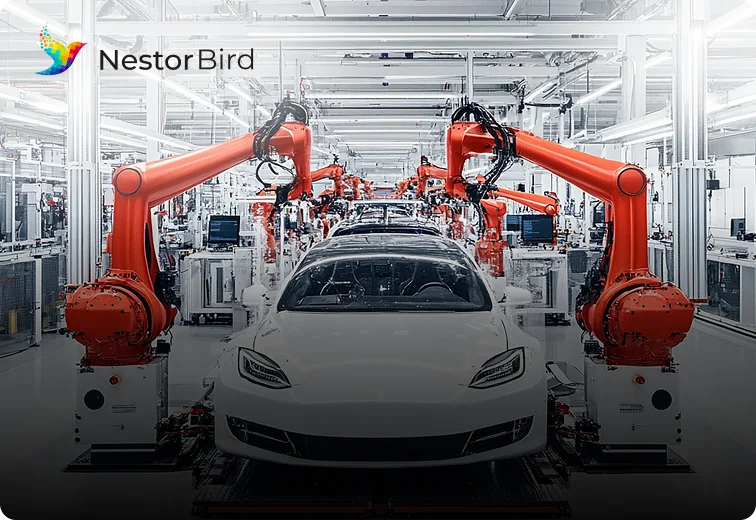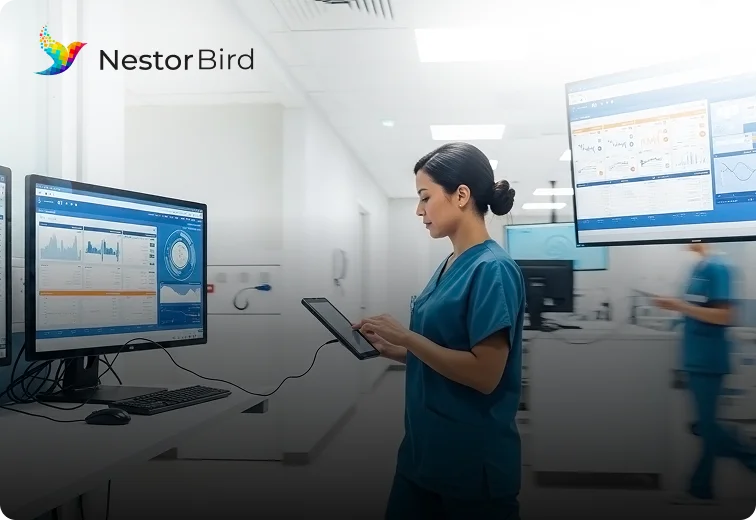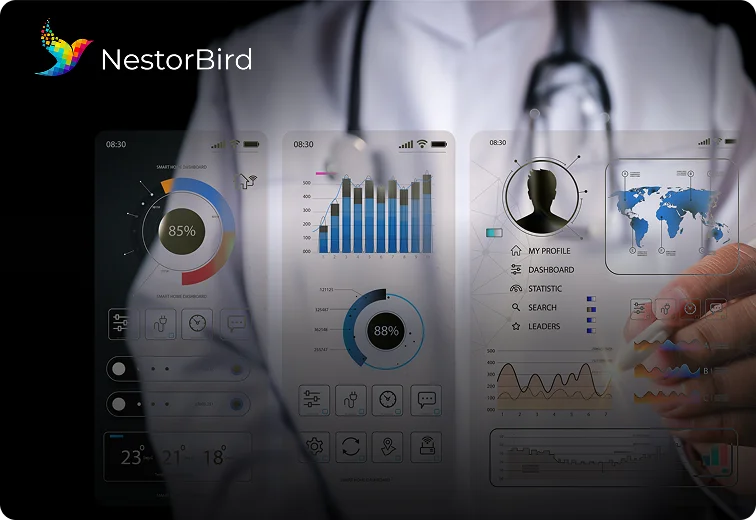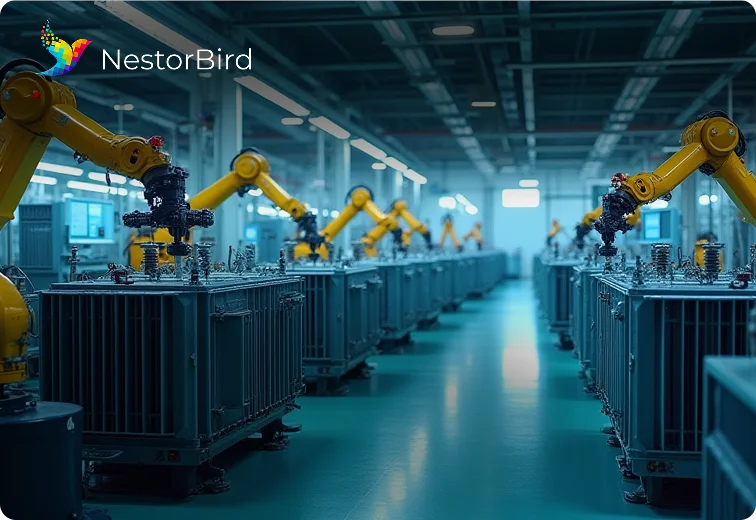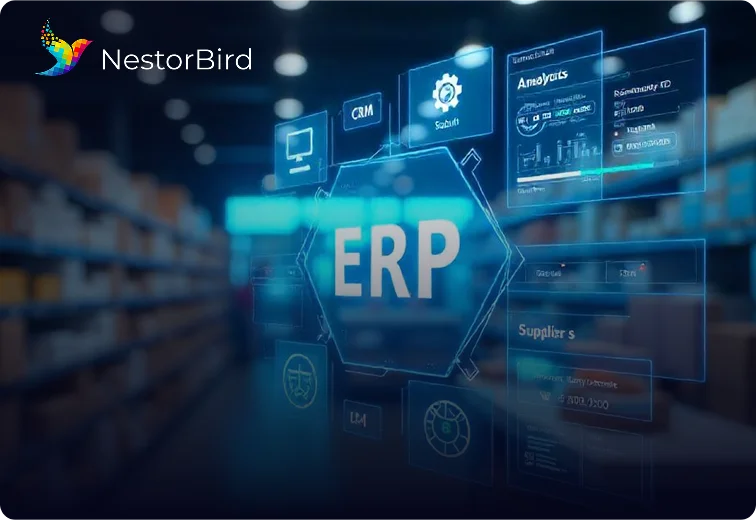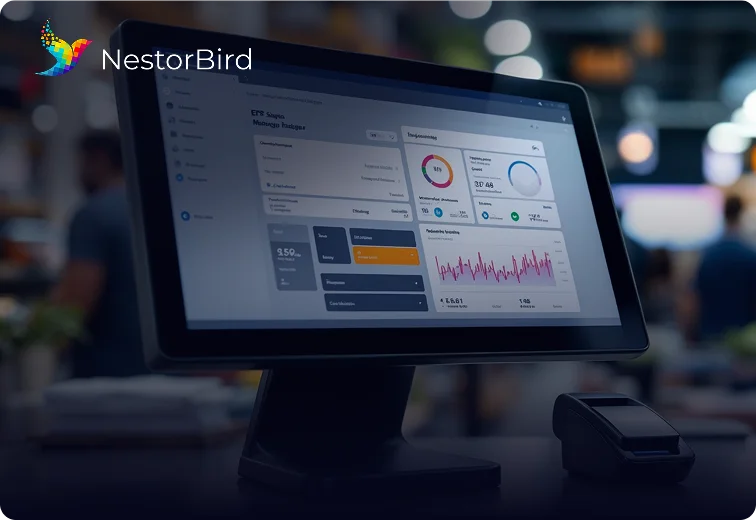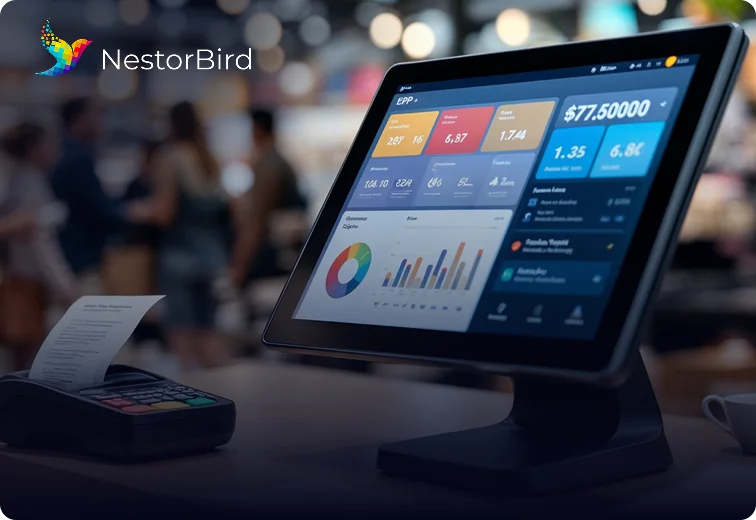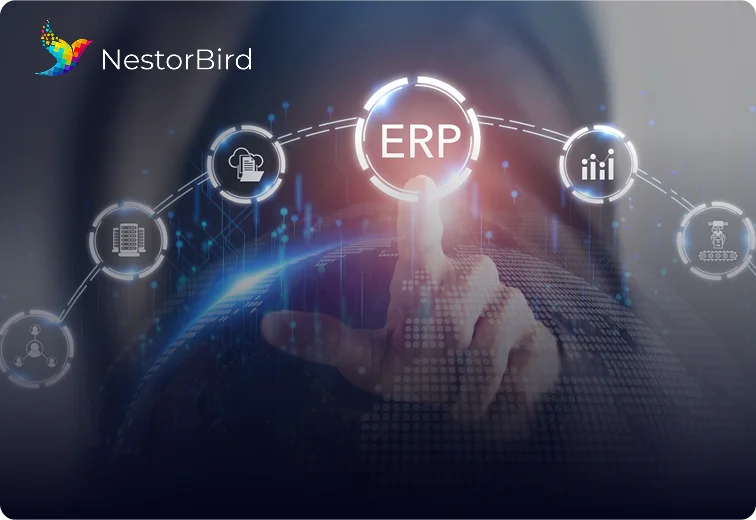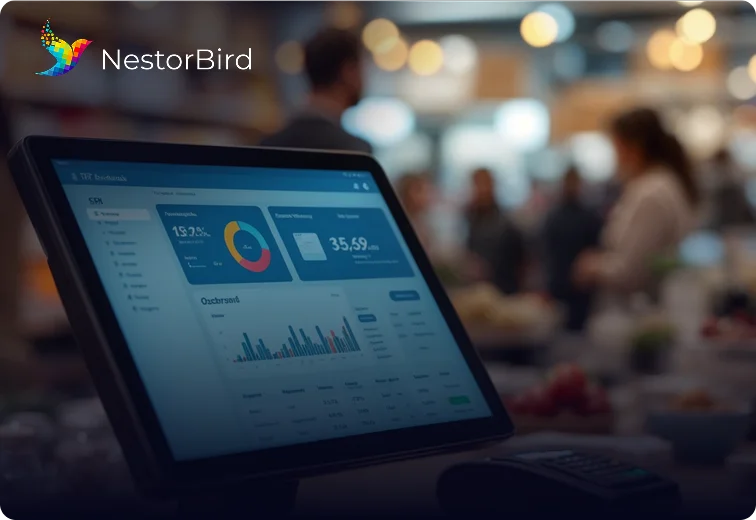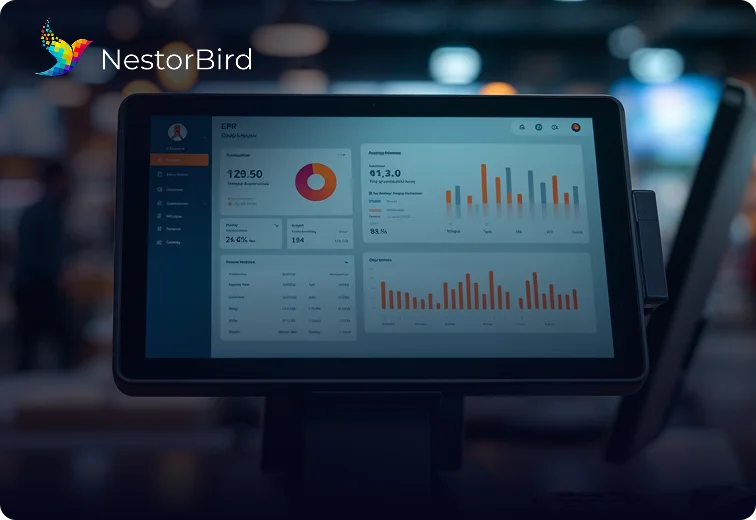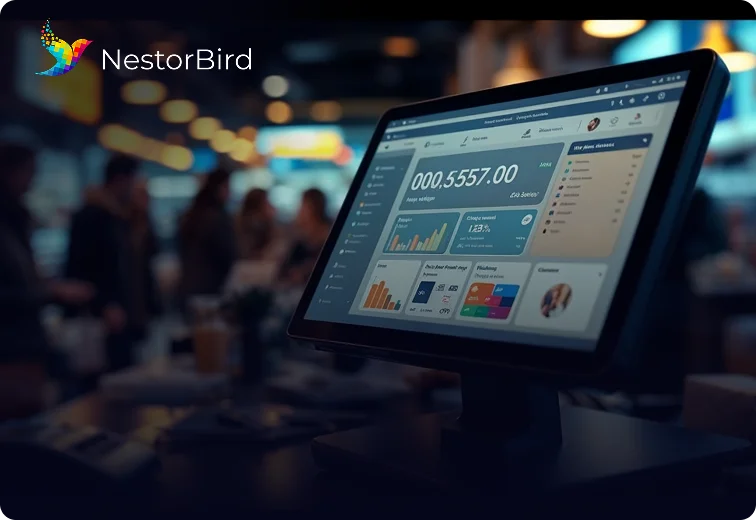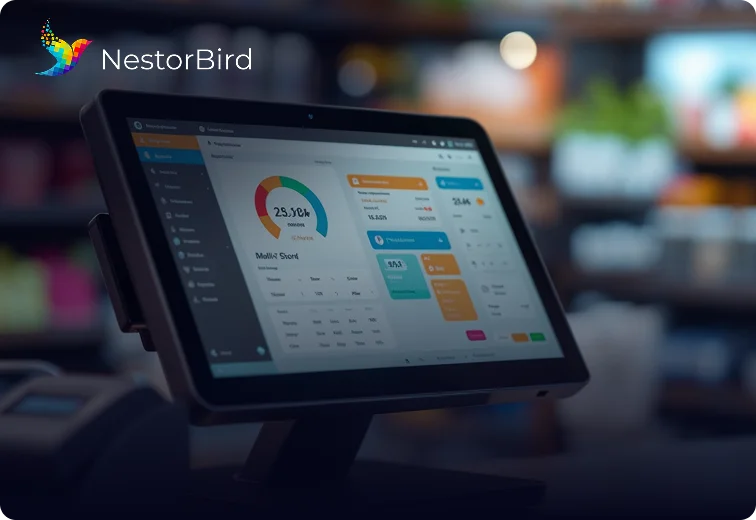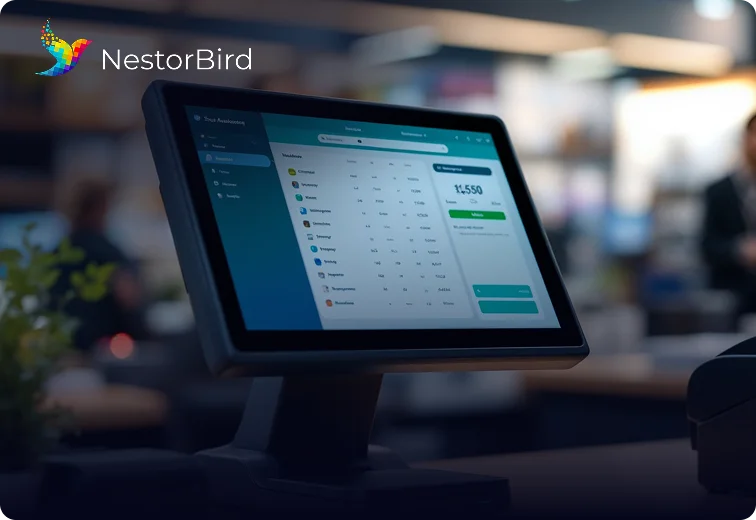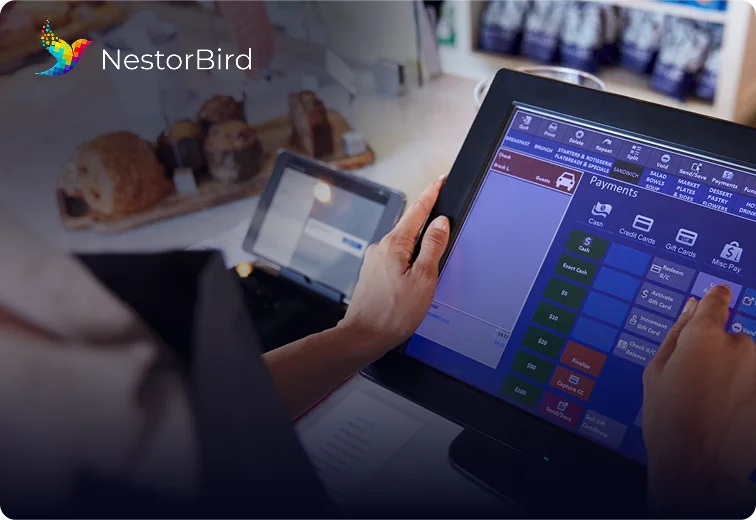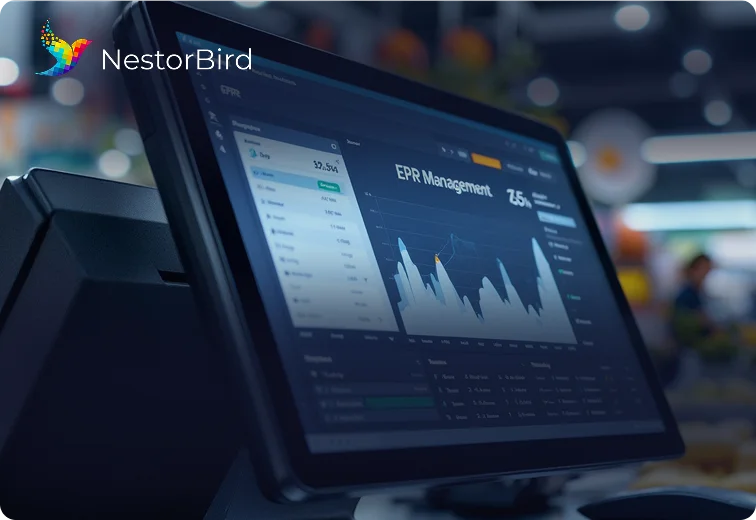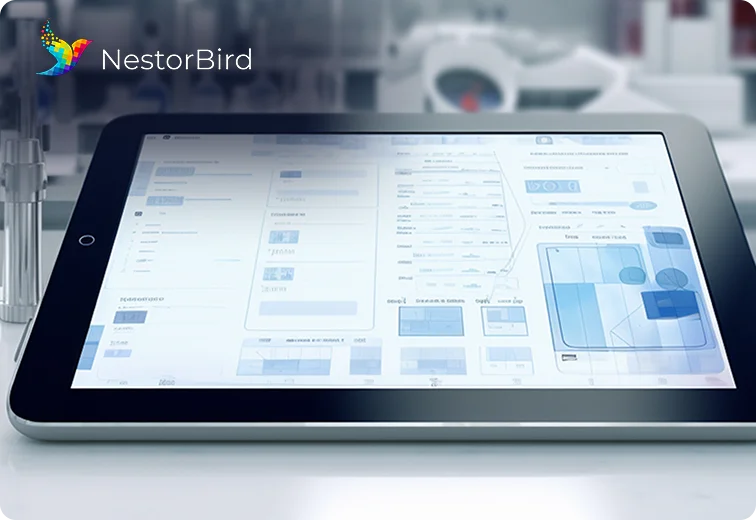Quick Summary
Manufacturing ERP is crucial for modern businesses to optimize operations, enhance productivity, and ensure scalability. By integrating core processes, manufacturing ERP software provides real-time insights, improves inventory management, and streamlines supply chains. This blog explores the benefits of ERP for manufacturing and how to choose the best solution to drive success in a competitive industry.
Table Of Contents
Introduction
Manufacturing companies face many challenges in today’s fast-paced industrial landscape, including rising costs, fluctuating demand, and complex supply chains. To overcome these hurdles, many are turning to manufacturing ERP software as a game-changing solution. By unifying diverse processes into one integrated system, ERP empowers manufacturers to achieve efficiency, compliance, and long-term growth.
Key Takeaways
Manufacturing ERP streamlines production, inventory, and workflows.
It enhances data accuracy and offers real-time insights for decisions.
Ensures compliance and supports quality control in manufacturing.
Manufacturing ERP systems reduce costs and improve scalability.
Drives success by optimizing supply chain and resource management.
Why ERP is Essential for Process Manufacturing Companies
For process manufacturers, maintaining seamless operations is critical. ERP systems for manufacturing are designed to address these unique needs, providing solutions tailored to handle batch production, inventory control, and regulatory compliance. With manufacturing ERP systems, businesses can centralize operations, track workflows in real-time, and make informed decisions to remain competitive. This level of control and visibility is essential for manufacturers aiming to improve operational efficiency and meet customer demands.
Benefits of ERP in the Manufacturing Industry
Improved Operational Efficiency
Manufacturing ERP systems streamline production processes by automating tasks like scheduling, inventory updates, and quality checks. This reduces manual intervention, minimizes errors, and allows teams to focus on strategic initiatives. With better workflow management, companies can achieve faster time-to-market and increase overall productivity.
Enhanced Data Accuracy and Real-Time Insights
Data silos often lead to inefficiencies and missed opportunities. ERP manufacturing software consolidates data from various departments, ensuring consistency and accuracy. The system provides real-time dashboards and analytics, helping manufacturers make quick and informed decisions. This is particularly valuable for identifying production bottlenecks and responding proactively to market changes.
Better Inventory and Supply Chain Management
Maintaining optimal inventory levels is a constant challenge in manufacturing. Manufacturing ERP software integrates inventory control and supply chain management, allowing businesses to track raw materials, manage procurement, and avoid overstocking or stockouts. This leads to smoother operations and better customer satisfaction.
Compliance and Quality Control
Meeting industry regulations and maintaining product quality are critical for manufacturers. ERP systems for manufacturing enable automated compliance tracking, ensuring adherence to safety standards and environmental laws. They also support quality assurance processes, reducing the risk of defects and recalls.
Cost Savings and Scalability
By eliminating inefficiencies, reducing waste, and optimizing resource allocation, manufacturing ERP systems contribute to significant cost savings. Additionally, these systems are scalable, allowing businesses to adapt as they grow and expand into new markets.
How Manufacturing ERP Drives Success
To assess the success of an ERP system, manufacturers should track key performance indicators (KPIs) such as:
Production Efficiency: Measure improvements in production cycles and on-time delivery rates.
Inventory Turnover: Track how efficiently inventory is being utilized.
Cost Savings: Analyze reductions in operational costs post-implementation.
Customer Satisfaction: Evaluate metrics like Net Promoter Score (NPS) and order accuracy.
Compliance Metrics: Ensure adherence to regulatory standards.
Choosing the Right Manufacturing ERP
Selecting the best ERP system for manufacturing requires careful consideration of your business needs. NestorBird for ERP has included various Key factors:
Industry Fit: Ensure the ERP solution supports industry-specific requirements like batch processing or regulatory compliance.
Customization and Scalability: Choose software that can adapt to your growing business needs.
Ease of Use: Opt for systems with intuitive interfaces and minimal learning curves.
Integration Capabilities: The system should seamlessly integrate with existing tools like CRM or MES software.
Vendor Support: Reliable customer support and training are crucial for a smooth implementation process.
Researching reviews, conducting demos, and consulting with stakeholders can further aid in making the right choice.
NestorBird For Manufacturing ERP
Nestorbird’s ERP for manufacturing offers a powerful and user-friendly solution tailored to meet the unique needs of the manufacturing industry. It combines advanced features with seamless integration to streamline operations and drive efficiency.
Key Features
Manufacturing-Specific Functionality: Handles production planning, inventory management, quality control, and regulatory compliance with ease.
Real-Time Insights: Provides accurate data analytics for faster and smarter decision-making.
Seamless Integration: Connects with CRM, MES, and financial tools for a unified operational platform.
Supply Chain Optimization: Enhances procurement, inventory levels, and logistics for smooth workflows.
Scalable and Flexible: Grows with your business, adapting to changing needs effortlessly.
Compliance and Quality Control: Automates compliance tracking and ensures product quality.
Conclusion
Manufacturing ERP is no longer a luxury but a necessity for companies aiming to thrive in a competitive environment. By automating processes, enhancing data accuracy, and improving compliance, ERP systems for manufacturing empower businesses to achieve efficiency and scalability. Whether you’re a small-scale manufacturer or a global enterprise, investing in the right ERP solution can transform your operations and set you up for long-term success.
Frequently Asked Questions
An ERP system is a software solution that integrates and manages key business processes, such as finance, supply chain, and human resources.
A checklist helps you evaluate ERP selection criteria systematically, ensuring the chosen ERP aligns with your business needs.
Key factors include functionality, scalability, flexibility, budget, and deployment options.
Evaluate your current pain points, future goals, and specific operational requirements to identify the ERP features you need.
A reputable vendor with strong support ensures smooth implementation, training, and ongoing system maintenance.


